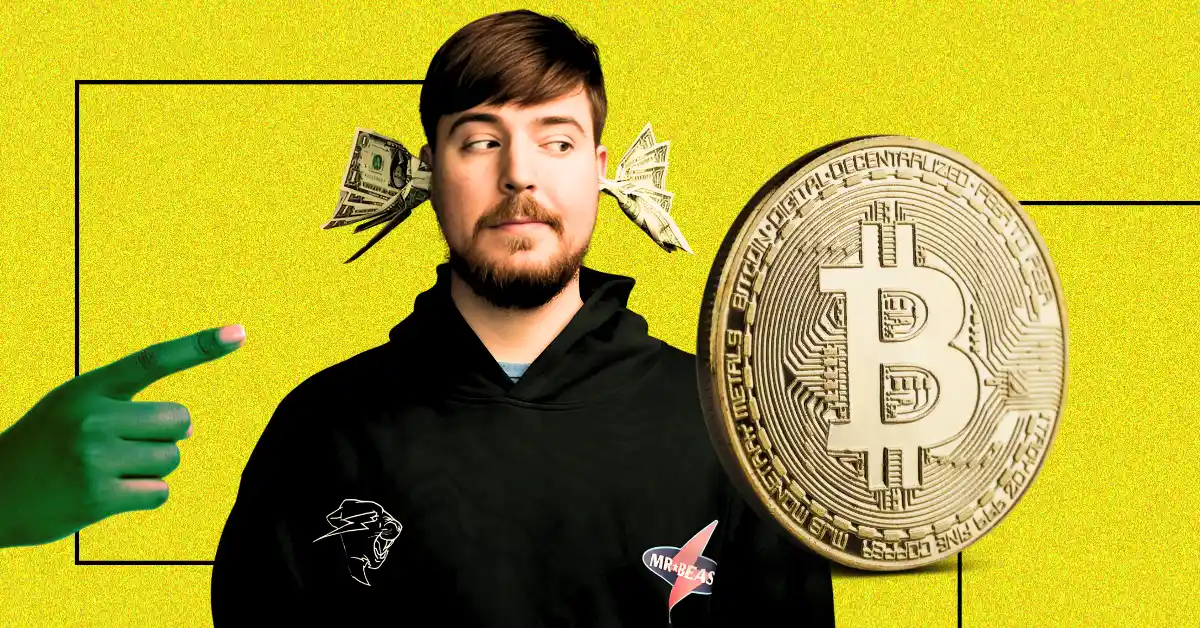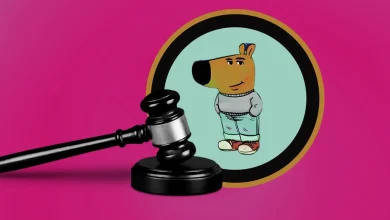
In a highly anticipated exclusive interview, YouTube sensation MrBeast sat down with fellow influencer Oompaville to address the burgeoning crypto malpractice allegations circling his brand. The interview, which quickly went viral, delved into the controversial topic of influencers’ roles and responsibilities within the rapidly evolving cryptocurrency landscape.
Allegations of Crypto Misconduct
During the conversation, Oompaville did not shy away from posing challenging questions. Leveraging investigative research by Coffeezilla, he meticulously examined alleged “pump and dump” schemes that MrBeast was purportedly involved in. Specific cases were highlighted, such as MrBeast’s promotion of obscure tokens like SuperVerse and Earnity Chain, followed by strategic withdrawals after price surges.
MrBeast addressed a series of legal threats, fabricated content, and accusations of unethical behavior. He announced intentions to file a defamation lawsuit against DogPack404, whom he accused of spreading false claims. Explaining his recent silence, MrBeast cited ongoing legal matters and personal issues, emphasizing his desire to clarify facts over expressing emotions.
Additionally, MrBeast refuted allegations of excessive CGI use in his videos, asserting the authenticity of his content. He also defended himself against accusations of running illegal lotteries, maintaining that all his raffles comply with legal standards.
MrBeast’s Defense: Transparency or Deflection?
Confronted with allegations of insider trading, MrBeast offered a straightforward defense, asserting that his investments are managed professionally and legally by a dedicated team. He described the accusations as sensationalized, arguing that the blockchain evidence presented by critics lacked necessary context.
The Broader Implications
The discourse surrounding MrBeast’s involvement in cryptocurrency schemes underscores a significant issue within the influencer economy. As public figures with substantial followings, influencers wield considerable power, capable of influencing market trends and public opinion. This power brings with it a responsibility to engage in ethical practices and maintain transparency with their audiences.
In this digital age, where trust is a currency as valuable as any other, influencers like MrBeast find themselves under heightened scrutiny. The crypto allegations serve as a reminder of the delicate balance between personal branding and ethical responsibility. Whether MrBeast’s defenses hold merit or not, the situation highlights the importance of earning and maintaining viewer trust.
Conclusion
Not long ago, influencers appeared untouchable, leveraging their vast audiences to promote products and ideas seemingly without consequence. However, the landscape is shifting, and the scrutiny is intensifying. The MrBeast case remains a cautionary tale for aspiring social media marketers, illustrating the potential pitfalls of intertwining personal brand promotion with speculative financial ventures.
Ultimately, the interview reinforces a crucial lesson: trust is not given freely; it must be earned. As influencers continue to navigate the complex intersection of media and commerce, maintaining transparency and integrity will be paramount to their long-term success in the digital world.






